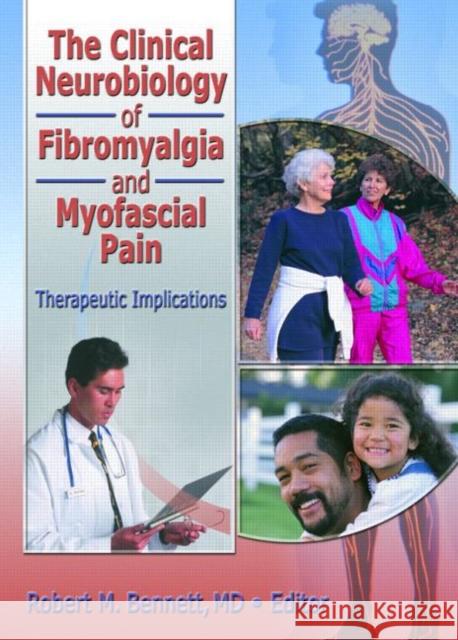The Clinical Neurobiology of Fibromyalgia and Myofascial Pain: Therapeutic Implications » książka
The Clinical Neurobiology of Fibromyalgia and Myofascial Pain: Therapeutic Implications
ISBN-13: 9780789017437 / Angielski / Miękka / 2002 / 298 str.
Is chronic fatigue syndrome an early process of muscle aging? Is fibromyalgia a central pain state? This book covers the latest developments in pain research as presented at the Fifth World Congress on Myofascial Pain (MYOPAIN 2001). It examines the results of a wide scope of basic and applied research on soft-tissue pain, with a strong focus on therapeutic approaches. Its three main sections explore the neurobiology of central sensitization, regional pain syndromes, and chronic widespread pain. In addition, this well-referenced book presents a fascinating chapter on the complex relationship between muscle pain and aging. Handy graphs, charts, and illustrations make the information easy to assimilate. The Clinical Neurobiology of Fibromyalgia and Myofascial Pain: Therapeutic Implications contains up-to-date information on: the brain's reactions to states of persistent pain the physical aftermath of torture ways to define and address the emotional distress that commonly observed in chronic pain patients the mechanisms and manifestations of muscle hyperalgesia the pathophysiology of inflammatory muscle pain regional muscle pain syndromes state-of-the-art information on the pathophysiology of visceral pain and visceral-somatic pain representations a case study of a physical therapy approach to fibromyalgia using Myofascial trigger points the epidemiology of widespread pain and its development after injuries syndromes that share overlapping clinical features with fibromyalgia the connection between HPA dysfunction, ANS dysfunction, and fibromyalgia the plasticity of excitatory synaptic transmission in the spinal dorsal horn and its role in the pathogenesis of pain hypersensitivity how the central mechanisms of pain transmission relate to pharmacological systems that are responsible for generating central sensitization states what PET and MRI show us about the role that the cerebral cortex plays in the perception and modulation of pain











